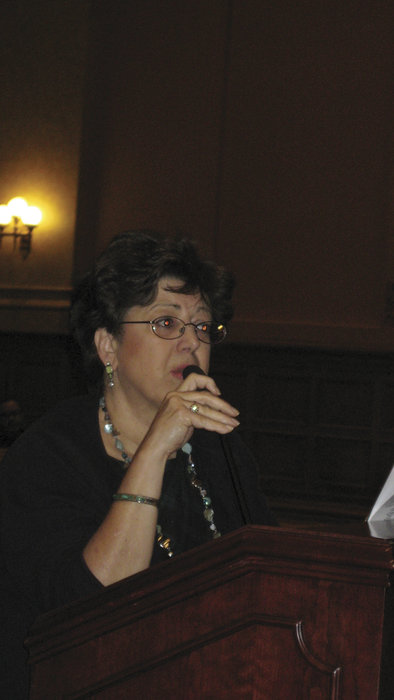By a vote of 4 to 5, the City Council has rejected a measure that would have allowed the city to borrow millions of dollars to help cover retirement benefits owed to former municipal employees.
In the measure rejected by the council, the city would have been granted permission to issue bonds to raise $9.5 million to cover what are known as “terminal leave” payments to city workers who have retired and those who are about to retire. In the absence of other revenue to offset those payments, taxes would have gone up next year if the plan had been approved. City taxpayers would have been required to pay down this debt over five years: $67 for every $125,000 of property owned next year, and $33 for every $125,000 of property owned in years 2014, 2015, 2016, and 2017.
A majority of council members said last week they were unwilling to pass a measure that would raise taxes unless the $9.5 million bond request was presented with a full budget for 2013.
Since no municipal budget has been presented for next year, they denied the administration’s request to approve the bond issue. The amount of money owed to retirees is only a portion of the city’s annual expenditures. The municipal budget for 2012 is $486 million.
Residents who addressed the council last week were unified in their opposition to the $9.5 million bond measure.
____________
Fulop argued at the council’s Dec. 19 meeting that terminal leave benefits for municipal retirees should be paid for using one-time revenues generated from such income as sales of city-owned property.
Fulop was joined in his opposition to the $9.5 million bond measure by fellow council members Rolando Lavarro Jr., Nidia Lopez, Diane Coleman, and David Donnelly.
Council members Michael Sottolano, Peter Brennan, Viola Richardson, and William Gaughan voted in favor of the measure.
Residents united in opposition
Terminal leave is any unused sick and vacation leave that workers accrue during their years of employment. In many municipalities senior employees who have been on the job for 20 years or more can sometimes have hundreds of unused sick days by the time they are ready to retire. When employees are owed payouts for their unused days, these payouts can top $100,000 or more.
The trend now is to cap or eliminate such terminal leave payments, and as a result, many municipal employees who have a lot of time accrued are choosing to retire.
Before the surge in retirements, the city had been spending about $4.5 million annually on terminal leave benefits for its retirees, according to Business Administrator Jack Kelly. By last year, however, this amount ballooned to $9.5 million. To address the problem, the city has, since 2010, chosen to borrow money rather than levy taxes to meet its terminal leave commitments. Under state law, these commitments can be financed over a period of five years.
But residents who addressed the council last week were unified in their opposition to the $9.5 million bond measure.
“I wouldn’t mind if we were bonding to fix roads. But the city has a track record of constantly bonding for salaries and that is absolutely wrong,” said resident Yvonne Balcer. “Most of the city retirees who are owed these benefits come from the police and fire departments. These are departments that are very top heavy. We have too many chiefs and not enough Indians in our police and fire departments. You know that when you make so many people a captain, or so many people a lieutenant that those people, when they retire, there’s going to be a big [amount of] money they’re going to be owed. You know that.”
Resident Mia Scanga took issue with the way in which the city tracks vacation and sick leave for employees who may be abusing the system.
“We have people who are walking out with $500,000 saying they never took a sick day or a vacation day. It’s all a bunch of nonsense,” said Scanga. “People know how the bread is buttered. So, people check in and check out. And we’re paying for vacation days that they didn’t take 20 years [ago], when they were making, maybe, $15,000. And then 20 yeas later, when they’re making $80,000, we’re paying for their [unused vacation] at that 80,000 rate. It’s outrageous.”
After several people spoke out against the bond ordinance, resident Joe Harkins pointed out to the council that city residents appeared to be united in their opposition.
“I can tell you there are people here tonight who do not agree on many issues as they affect this city,” Harkins noted. “And yet we are united in opposition to this.”
With the measure now defeated by the City Council, Kelly said the city will now have to find other ways to pay for these retirement obligations.
“This now becomes a lot more challenging, and it becomes more challenging to hold down taxes next year,” he said.
E-mail E. Assata Wright at awright@hudsonreporter.com.
